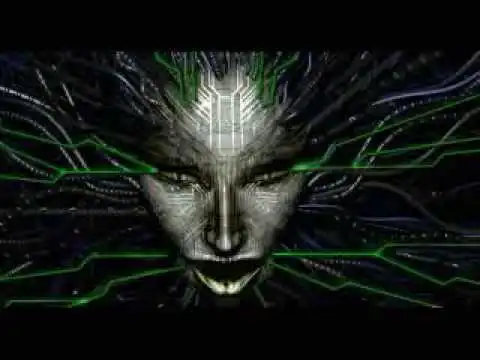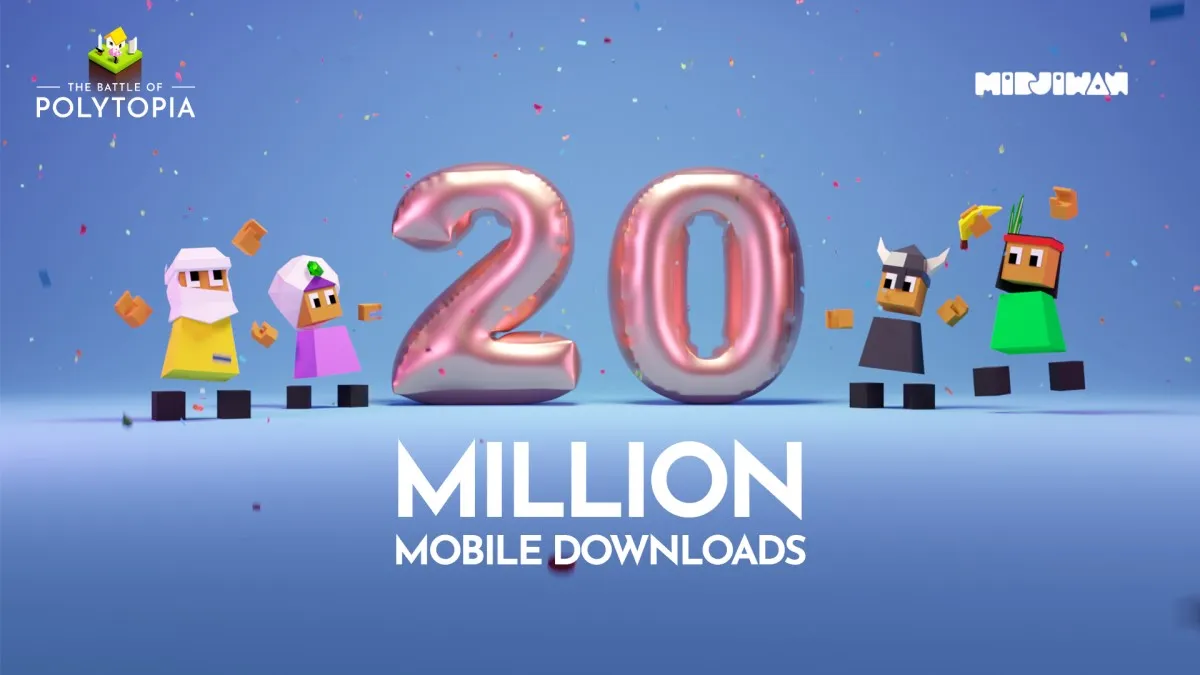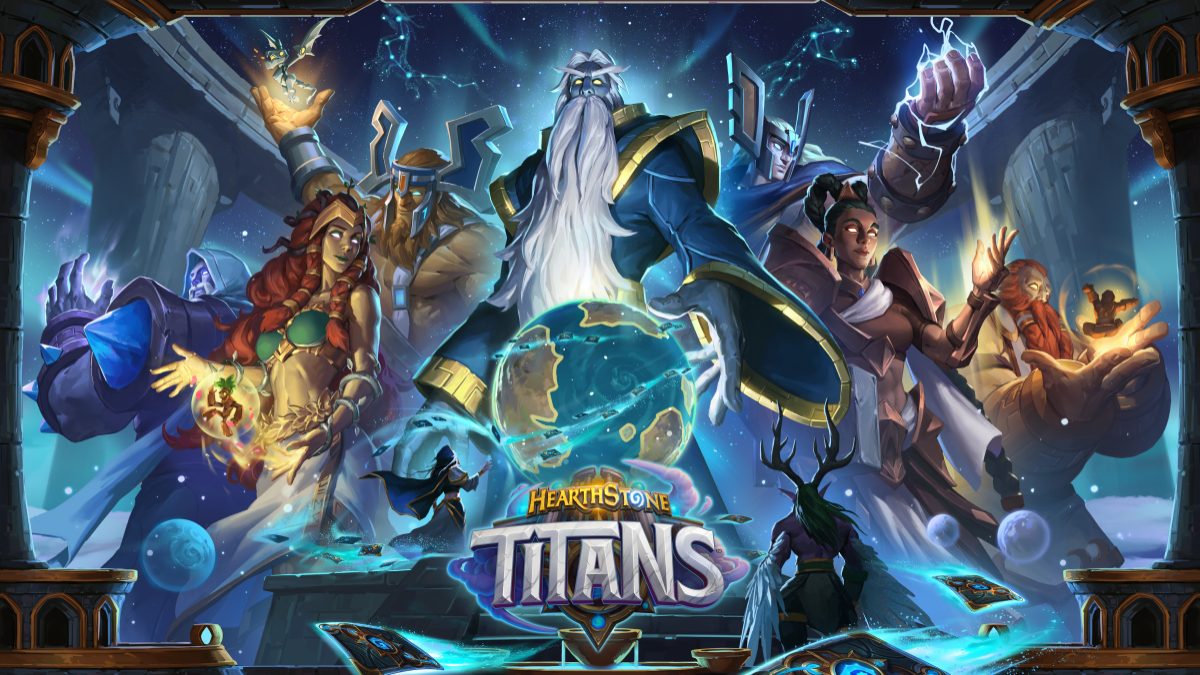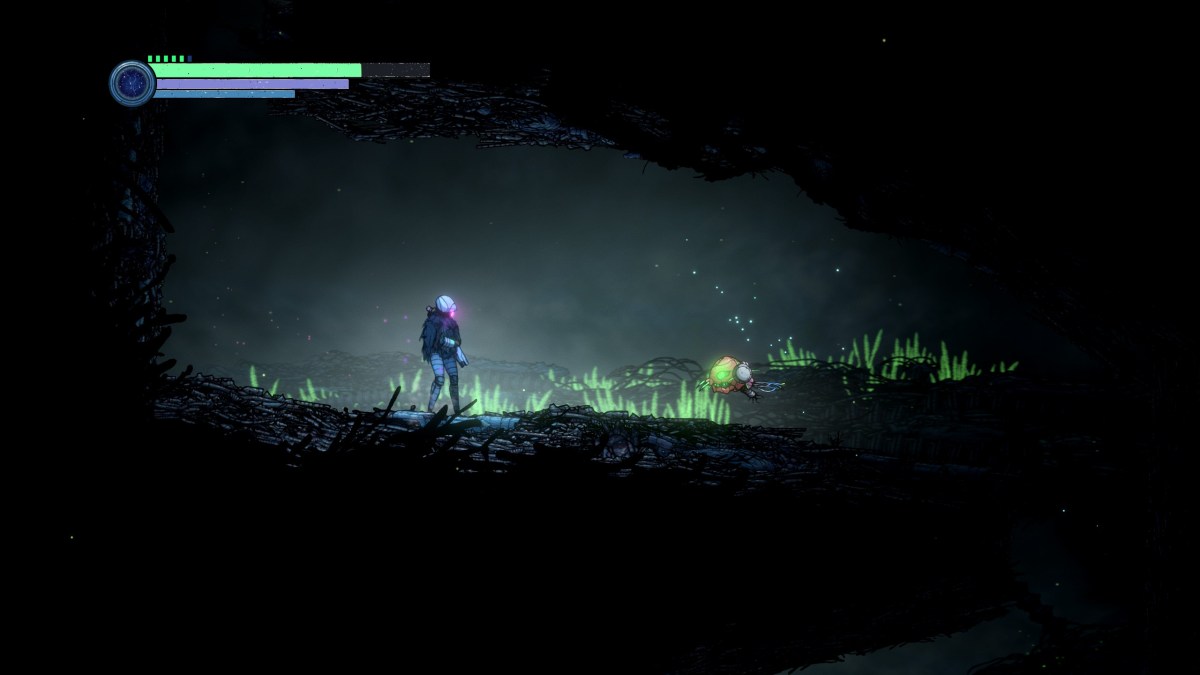Tim: You say that for a lot of people that might have been a wasted effort, but honestly I think that’s one of the things that makes System Shock 2 so good. The general difference between a really good game and a fantastic game tends to be the little details, little bits and pieces like SHODAN talking to you. Those parts of System Shock 2 really elevate it and make it feel like something other than a shooter with RPG and inventory elements. It does feel like a coherent world.
Jon: There still are a lot of advantages to building a game inside a constrained space with very hard boundaries. That’s kind of what allows you to do that. There are a lot of advantages to open world games, but the disadvantage is that you can’t apply that kind of attention to detail because you just have too much space. If you’re building Skyrim or Red Dead Redemption you’ve just got a lot more geography to cover and then you’ve got all the scale issues of “I’m building an open world, but I don’t want you to have to walk for two hours to get from one town to another.” So everything has to be weirdly compressed. If you pick an environment that by its very nature is small and doesn’t have a lot of travel time you get a lot of advantages. I think it’d get boring if every game did that, but it has its place.
Peter: There’s actually some System Shock 2 related news that has emerged today. Arkane, who made Dishonored, are now taking over the development of Prey 2 and they’ve said they’re aiming to make that the ‘spiritual successor’ to System Shock 2.
Jon: Oh really? Wow. Interesting.
Peter: I don’t know how you feel about that?
Jon: I don’t know a lot about the Prey 2 project but it seemed like it was pretty far advanced. Yeah, that’s interesting because I think, obviously BioShock games are spiritual successors to System Shock 2 in many senses. But then I think there are other aspects of System Shock that, because it is such a multi-faceted game, the BioShock games have mostly run with the narrative side of it. The gameplay side of it they’ve sort of veered off into a different direction, a more classic action direction. So it’d be interesting to see if somebody would pick up the … I don’t know what they mean by that, if they’re intending to spiritually succeed it in terms of its atmosphere or its narrative or gameplay, or …
Peter: I’m not sure. It’s a lone email that says their pitch for Prey 2 was “spiritual successor to System Shock 2.” I don’t know if either of you guys played Dishonored, but they pretty heavily influenced by aspects of the Thief series.
Jon: Harvey Smith worked on Deus Ex, that came out at a very similar time and has a lot of similar ideas to System Shock and so that’s … I’m not surprised that they’re working in that area.
And I think System Shock 2’s one of those games where it probably didn’t spawn a whole host of similar games. There wasn’t an obviously gold mine to be dug there. But on the other hand I think it certain has influenced a lot of others. Portal games, for example. They’re different games but they have the rogue AI which is taunting you, interacting with you and guiding you through …
Dorian: … a strange, science fiction environment.
Jon: So a lot of different games have picked up a lot of different bits and pieces, which of course is true of the games industry in general. It always feeds off itself. But yeah, I’d love to see more people try to pick up the legacy and do things with it.
I’m very tempted to try to do something like that myself. There are a lot of interesting things that could be explored, perhaps focusing more on the sort of stuff we were talking about earlier, the angst-driven resource scarcity and fear aspects of the game.
Peter: Given the choice, would you have preferred System Shock 2 to be a mega-blockbuster, or are you happy with it being the extremely well-received but less well known title? That’s a bit of an unfair dichotomy perhaps. [Laughter]
Jon: It’s interesting because we got more of the former with BioShock. Also a very well-received game, but it did actually sell. I have to say that was a much more pleasant experience. Ultimately, if you don’t sell, people don’t play your game. System Shock 2‘s recovered from that a little bit in the sense that people have kept playing it over the years, which is nice. But I would certainly prefer if more people had played it at the time.
Maybe you were asking if we should’ve made it a bit more mainstream, to try to sell more copies? I think we deliberately didn’t. We had a very small budget and we knew that if we just made a shooter that we would just totally disappear, and I think it was very smart to focus heavily on the RPG aspects.

Some RPG aspects, yesterday.
Dorian: Was Shock 2‘s development concurrent with Quake? Am I remembering correctly?
Jon: I think the original Half-Life was around the same time.
Dorian: That was the path of Looking Glass and Irrational after them. Ultima Underworld I think was competing with Wolfenstein 3D. Ultima Underworld 2 was competing with Doom. It seemed like every time we were coming out with these cerebral RPG-shooter hybrids, id was coming out with their adrenaline-fest that was ten times more popular. [Laughter] Which was galling in some ways, but there was a certain righteous intellectualism at Looking Glass that we were making the more interesting experience. Even if it wasn’t as appreciated.
Jon: I think there was a lot to learn from id and Valve and other people, that it’s important to be accessible. Just creating interesting, deep gameplay systems, if you can’t expose them properly to players and get them to understand and appreciate what you’re trying to do, that’s only half the job. And those guys learned a lot and knew a lot and made some amazing games that were very, very accessible. We should’ve probably worked a little harder to understand what it is that they were doing, and incorporate that into our games.
I think BioShock has done that, tried harder to keep a lot of the same gameplay systems but make them more accessible. But it’s a very difficult thing to do without giving up something. Especially for people who’ve already got familiar with and understood the gameplay systems, they often see this as a step back because they already understand. So they actually want to see more complexity and deeper systems. They miss things that get taken away or replaced by something more straightforward.
Peter: That’s very much how I’m feeling about what I’ve seen of the new Thief that’s being made up at Eidos Montreal. I just see them taking stuff away that was much-beloved to me in the original games. But they’re absolutely trying to do what you’re saying, I’m sure. They want it to sell several millions.
Jon: I think Thief, the stealth gameplay genre, is even harder to make accessible. RPGs are now very accessible. There’s an RPG under every rock, but stealth gameplay I think is inherently quite fiddly and can be very frustrating to the player.
Peter: Tim, I don’t know if you have any other … not that I’m trying to usher us out of this or anything.
Tim: Much as I could talk about Thief and Looking Glass and System Shock for the rest of the day, I think everything’s been covered.
Peter: Ok then, I’d like to say thanks very much to the two of you for making time to do this, it’s been tricky with four different timezones involved. [Laughs] But I think we’ve pulled it off. So thanks very much.
Dorian: You’re very welcome.
Jon: It’s been great to talk about System Shock 2.
Peter: Thanks very much for listening everybody, goodbye.
Once again, if you missed it up at the top, this is a transcript of the IncGamers System Shock 2 Podcast Special.







Published: Aug 22, 2013 10:21 pm